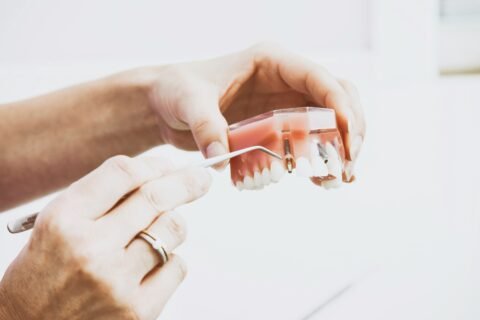Antibodies have become an indispensable tool in biological and medical research, helping scientists unlock the mysteries of the immune system, diagnose diseases, and develop new therapies. Whether you’re new to antibody research or just looking to better understand how they work, this guide will walk you through the basics of what antibodies are, how they function, and their various applications in research.
What are Antibodies?
Antibodies, also known as immunoglobulins (Ig), are Y-shaped proteins produced by the immune system in response to foreign substances, known as antigens. These antigens can include pathogens like bacteria and viruses, as well as other molecules that the body recognizes as foreign. Antibodies bind to these antigens, marking them for destruction or neutralizing them directly.
Each antibody is highly specific to its target antigen, which makes them valuable for research. Their ability to bind selectively to particular molecules allows scientists to detect, isolate, and study those molecules in detail.
Structure of Antibodies
Understanding the structure of antibodies is key to grasping how they function:
- Fab Region (Fragment Antigen-Binding): This is the part of the antibody that binds to the antigen. Each antibody has two Fab regions that allow it to recognize and attach to specific parts of the antigen, known as epitopes.
- Fc Region (Fragment Crystallizable): The Fc region does not bind antigens but is responsible for interacting with other components of the immune system, such as immune cells or complement proteins, which help to destroy the antigen.
The Y-shaped structure of antibodies provides flexibility in binding and enables them to be used in a variety of scientific techniques.
Types of Antibodies in Research
There are different types of antibodies used in research, each with unique properties and applications:
- Polyclonal Antibodies: These are a mixture of antibodies produced by different B-cells, which recognize multiple epitopes on the same antigen. Polyclonal antibodies are commonly used in research because they are easy to produce and are useful when detecting multiple forms of an antigen.
- Monoclonal Antibodies: Unlike polyclonal antibodies, monoclonal antibodies are produced by a single type of B-cell and are specific to one epitope on an antigen. They are more precise and reproducible, making them ideal for experiments that require consistent results, such as drug development or diagnostics.
- Recombinant Antibodies: These are engineered in the lab using genetic techniques to produce highly specific antibodies with consistent properties. Recombinant antibodies offer greater control over the antibody structure and can be optimized for specific research applications.
- Secondary Antibodies: These are antibodies that bind to the primary antibody rather than directly to the antigen. They are often conjugated with a label (such as an enzyme or fluorescent dye) to enable detection in various assays, such as Western blots or immunofluorescence.
Selecting the Right Antibody for Research
Choosing the right antibody is crucial for successful experiments. Here are a few tips to guide your selection:
- Specificity: Ensure the antibody specifically binds to your target antigen. It’s essential to check the product details, such as the antigen and epitope the antibody is designed to recognize.
- Species Compatibility: The antibody must be compatible with the species you are working with (e.g., human, mouse, rat). Cross-reactivity with similar proteins in different species can affect results.
- Application: Make sure the antibody is validated for your intended application. Some antibodies may work well for Western blotting but not for immunohistochemistry or flow cytometry.
- Monoclonal vs. Polyclonal: Monoclonal antibodies offer higher specificity and reproducibility, while polyclonal antibodies can detect multiple epitopes and may be better for detecting small amounts of an antigen.
- Controls: Always include proper controls in your experiment to confirm that the antibody is binding specifically to the antigen of interest.
Antibodies are invaluable tools in biological research, allowing scientists to explore complex processes and develop new treatments for diseases. By understanding how antibodies work, their types, and their various applications, researchers can select the right antibodies and optimize their experiments for success.





